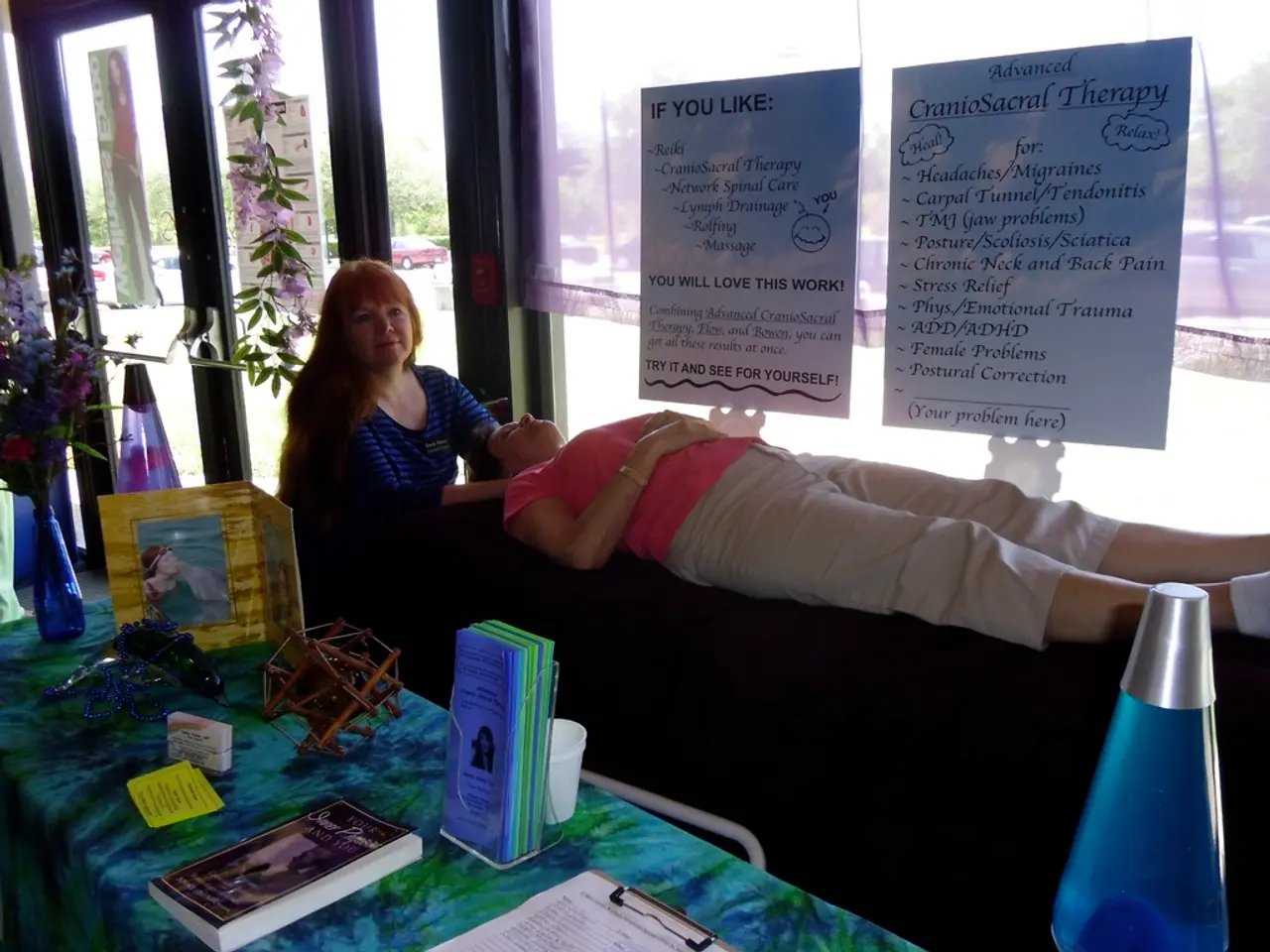Strategies for Controlling Emotional Overreactions
In the pursuit of improved mental and emotional well-being, learning to underreact instead of overreact can be a game-changer. Here's how one can achieve this:
The author, who once struggled with overreacting to situations, has found that removing the 'over' from their reactions can lead to a more reasonable solution without excessive wear. Many situations do not require an immediate action or reaction, and it's essential to separate the outside chaos from your inner peace. The world may be chaotic, but you have control over your reactions.
Consider doing what you can, then letting go. Don't obsess and control every situation. Choosing not to react to gossip, drama, and controversy can conserve your time and energy. Overreacting never helped the author; instead, it added more drama, stress, confusion, and chaos.
Practicing mindfulness and nonjudgmental awareness of emotions is key. This means observing and labelling your emotions without judgment to recognise when you’re about to overreact and pause before responding. Use DBT skills like opposite action: deliberately choosing responses that challenge your initial emotional impulse (e.g., approaching rather than avoiding a perceived threat).
Radical acceptance of the situation as it is, without resistance, while acknowledging your wish for change, can also be beneficial. Refocus on small actionable steps within your control to regain a sense of agency instead of spiralling in helplessness.
Setting healthy boundaries is crucial to avoid emotional depletion and prevent reactive burnout. Incorporate intentional stillness or breaks (e.g., a timed pause to breathe or be still) to create mental space between stimulus and reaction. Modify your environment with comforting sensory inputs (soft lighting, calming music, familiar textures) to soothe your nervous system and reduce hyperreactivity.
Implementing these suggestions can help you stop overreacting. The author now considers underreacting as their superpower. Remember, not taking things personally can help in underreacting.
Overreacting might be due to being hungry, hurt, tired, drunk, overwhelmed, sick, or worried. Take care of yourself to reduce overreactions. Consider how feelings are turned into action for the sake of health.
By adopting these strategies, you're building emotional resilience, shifting from automatic, extreme reactions towards balanced, mindful responses that enhance well-being and mental clarity.
Engaging in practices of mindfulness and self-awareness can aid in recognizing and managing emotions, thereby promoting personal growth. Embracing intentional stillness and creating a lifestyle centered around home-and-garden or outdoor-living may help reduce hyperreactivity. In the realm of education-and-self-development, learning about strategies like radial acceptance and opposite action can foster emotional resilience, leading to improved mental and emotional well-being.




